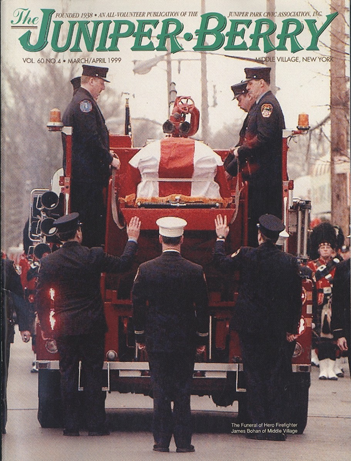Have you got what it takes to handle an emergency? We all like to think we would be a hero when a disaster strikes. But would you really know what to do? Who would you call? If you were the victim, would your children know how to get help? How would you handle children during a crisis?
KNOW WHEN TO CALL FOR HELP
A victim of a severe accident, such as a motor vehicle crash, burn or fall, should go to the nearest hospital emergency department. Emergency care is also needed for other types of problems. Some examples of when you should go to the emergency department are:
* SEVERE HEADACHE, CHANGE IN MENTAL STATUS, or SEVERE WEAKNESS IN ARMS OR LEGS.
* FALLS. Falls are not only dangerous for the elderly; even in the young, they can result in serious injuries, especially if the head or neck is involved.
* SHORTNESS OF BREATH, DIZZINESS, SHARP PAIN OR PRESSURE IN THE CHEST, RACING OR SKIPPING HEARTBEATS, FAINTING. Any one of these may be a symptom of a heart attack.
* POISONING. Accidental or intentional misuse of drugs,Insect bites where allergic reactions occur and Ingestion of chemicals or household cleaners.
KNOW HOW TO CALL FOR HELP
When someone becomes ill or has been seriously injured, every second it takes to get treatment can make a difference.
DIAL 911
When you call be ready to tell the dispatcher:
* where the emergency took place
* the type of emergency
* the number of victims
* your name, location and return phone number
Focus on the most important things to tell the dispatcher about the victims. Are they unconscious? Bleeding? Having trouble breathing?
Calm yourself, speak slow and clearly. Be absolutely sure the rescue team gets the correct address.
When you’ve provided the necessary information, stay on the line, wait for instructions from the dispatcher, don’t hang up until you are told to do so.
TEACH YOUR CHILDREN HOW TO DIAL 911 IN CASE OF EMERGENCY AND PRACTICE EMERGENCY PROCEDURES WITH THEM. KEEP EMERGENCY NUMBERS POSTED NEAR THE PHONE.
While waiting for the rescue team to arrive, keep the patient warm and calm.Let them know that help is on the way. Never move an accident victim unless they are in a burning vehicle or some other danger. Never attempt to remove an embedded object from a wound. Leave these type of things to the professionals.
MAKE YOUR HOME EASY TO FIND
Make sure your address can be seen clearly from the street. If possible have someone waiting at the door to direct the rescue team.Make sure there is nothing blocking the entrance to your home, keep doorways and front steps clear of obstruction.
DON’T GET IN THE WAY OF EMERGENCY TREATMENT
When the ambulance arrives, try to clear the immediate area of unnecessary observers, especially children and pets. The victim needs air and the team needs space to work.
If there are children present it is best in most cases to call a friend to take care of them. While the arrival of the rescue team and treatments they perform may give you a feeling of relief, they can be very frightening to children.
Provide information that can help the emergency team: tell them about past medical problems, allergies and medications. Tell them what language the patient speaks if other than English.
Emergency care does not always happen the way it appears on television. Let the emergency team take charge of the situation.It is generally possible to choose the hospital you go to, but if the team thinks another facility would be more medically appropriate, rely on their advice.
LET THEM THROUGH — IT COULD BE YOU!!
Always remember minutes can make the difference between life and death, and critical seconds can be lost if drivers don’t make way for emergency vehicles. Take sirens seriously — Someday you may be the one calling for help, or the life on the line might be a friend, neighbor or someone you love.


